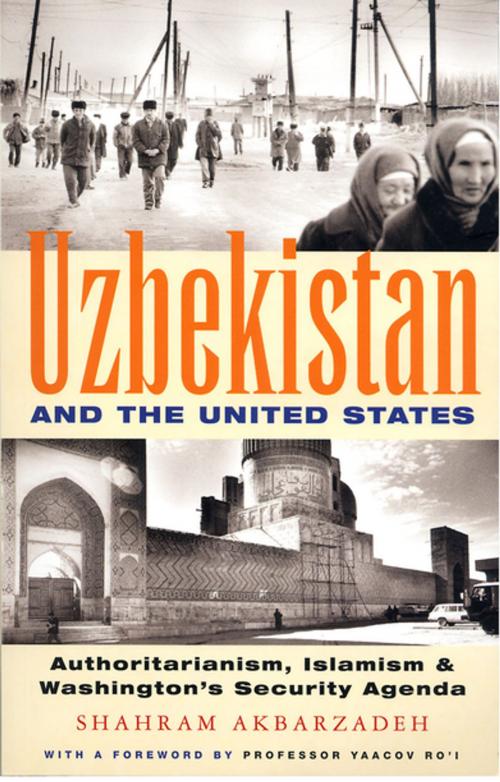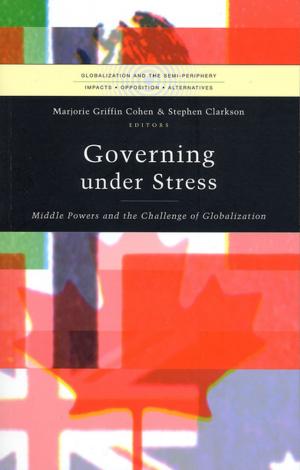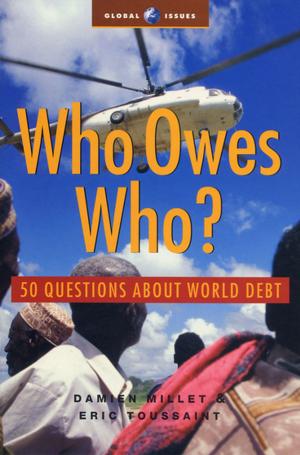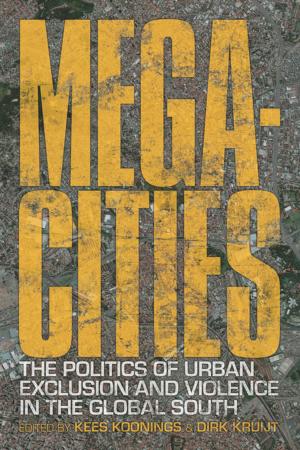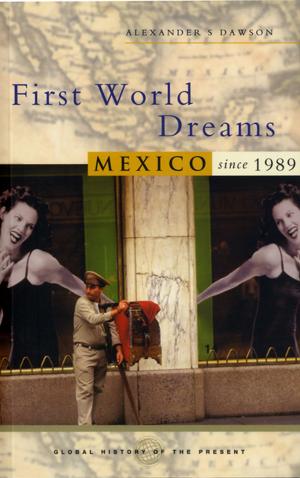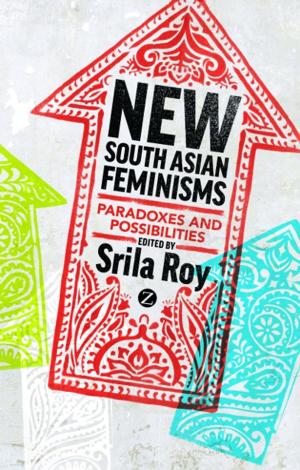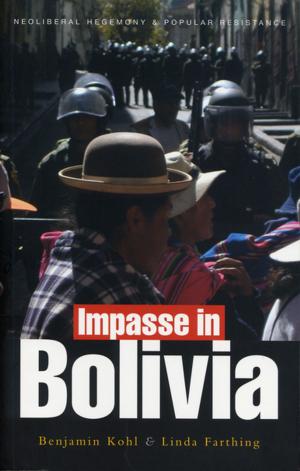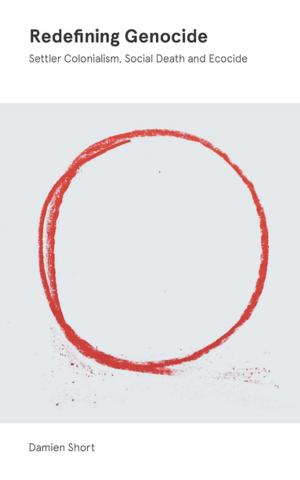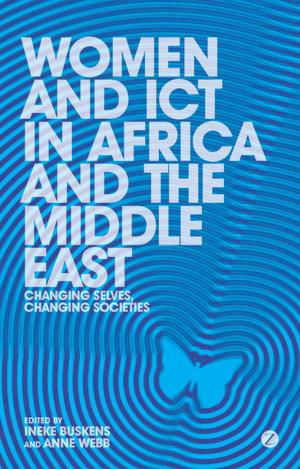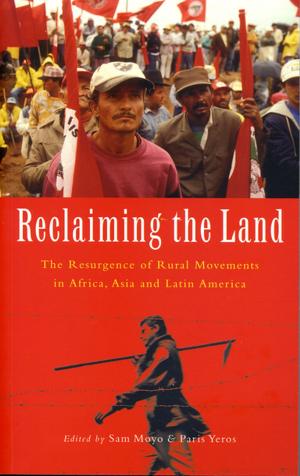Uzbekistan and the United States
Authoritarianism, Islamism and Washington's Security Agenda
Nonfiction, Social & Cultural Studies, Political Science, International, International Relations| Author: | Shahram Akbarzadeh | ISBN: | 9781848137998 |
| Publisher: | Zed Books | Publication: | July 4, 2013 |
| Imprint: | Zed Books | Language: | English |
| Author: | Shahram Akbarzadeh |
| ISBN: | 9781848137998 |
| Publisher: | Zed Books |
| Publication: | July 4, 2013 |
| Imprint: | Zed Books |
| Language: | English |
Uzbekistan, the most strategically situated Central Asian country, has exhibited the most appalling record on human rights and democratic reforms. Yet, post-September 11, a transformation in US policy has suddenly taken place: US troops are now stationed there; Washington has put the Islamic Movement of Uzbekistan on its list of terrorist organizations; and the Bush administration has promised to triple aid to President Karimov‘s highly authoritarian regime. This unique study explores the central question from a longer-term Uzbek point of view: to what extent are closer ties between Washington and Tashkent contributing to political reforms inside Uzbekistan? Dr Akbarzadeh describes political events since independence, including the emergence of a radical Islamic opposition. He analyses how September 11 has catalysed a transformation in Washington‘s attitude as it perceived a common Islamic enemy, and he examines the possible beginnings of a retreat from Soviet-style politics.
Uzbekistan, the most strategically situated Central Asian country, has exhibited the most appalling record on human rights and democratic reforms. Yet, post-September 11, a transformation in US policy has suddenly taken place: US troops are now stationed there; Washington has put the Islamic Movement of Uzbekistan on its list of terrorist organizations; and the Bush administration has promised to triple aid to President Karimov‘s highly authoritarian regime. This unique study explores the central question from a longer-term Uzbek point of view: to what extent are closer ties between Washington and Tashkent contributing to political reforms inside Uzbekistan? Dr Akbarzadeh describes political events since independence, including the emergence of a radical Islamic opposition. He analyses how September 11 has catalysed a transformation in Washington‘s attitude as it perceived a common Islamic enemy, and he examines the possible beginnings of a retreat from Soviet-style politics.
